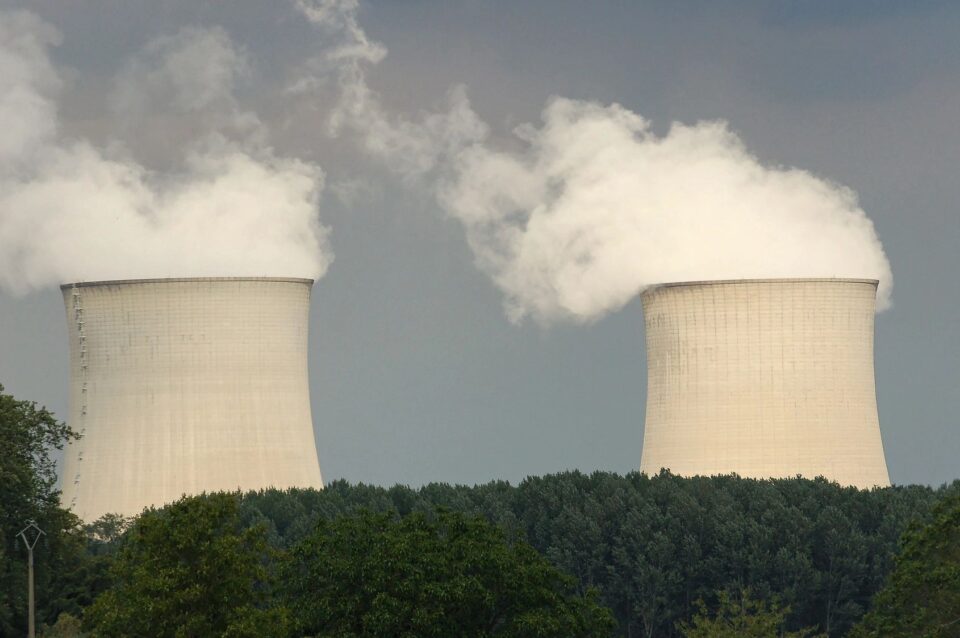Republicans are once again challenging the Democrats’ hold on the climate change debate, presenting alternatives they argue are more realistic, less harmful to the economy, and a boost for U.S. energy independence. While the left clings to initiatives like the Green New Deal and the Paris Climate Accord, conservatives advocate for solutions that don’t require America to sacrifice its industrial strength or economic stability to meet vague global standards.
The Paris Climate Accord, a darling of progressive climate policy, has been a frequent Republican target. Critics argue it unfairly penalizes the United States with strict emissions reductions while allowing major polluters like China to operate under laxer rules. President-elect Donald Trump has made it clear he plans to pull the U.S. out of the agreement once again, framing it as another instance of America shouldering an outsized burden while other nations get a free pass. Similarly, the Green New Deal, championed by Rep. Alexandria Ocasio-Cortez, has been dismissed by conservatives as a pie-in-the-sky wish list that ignores economic realities in favor of ideological grandstanding.
Former Congressman Doug Collins has been particularly vocal, calling out the left for ignoring scalable, practical energy solutions like nuclear power and hydrogen fuel. Collins and his Republican allies argue that natural gas offers a cleaner, more viable path forward, all while keeping energy costs manageable for Americans. By contrast, they see the Democrats’ approach as a punitive measure that undermines American competitiveness without delivering significant environmental benefits.
Republican leaders, such as North Dakota Governor Doug Burgum, are optimistic about Trump’s ability to reinvigorate domestic energy production. They view his upcoming term as a chance to end what they call the “war on energy,” cutting through bureaucratic red tape and reducing taxes to unleash the full potential of America’s natural resources. Many in the GOP have also targeted ESG (Environmental, Social, and Governance) policies, accusing them of prioritizing progressive social agendas over shareholder value and energy independence. For these conservatives, the focus should remain on economic growth, not virtue signaling.
Younger voices within the conservative movement, like Benji Backer of the American Conservation Coalition, highlight the need for an energy mix that includes renewables like wind and solar alongside nuclear power. Backer emphasizes that nuclear energy, with its minimal environmental impact, is a practical solution that environmental activists on the left too often dismiss. Trump’s vision for energy policy, however, extends beyond just a mix of sources. His administration aims to make American energy the most affordable and reliable in the world, undercutting global competitors like China and reinforcing U.S. industrial dominance.
For Republicans, the path forward is clear: reject alarmism and costly global agreements in favor of a pragmatic, America-first energy strategy. As Trump gears up for his second term, the administration’s focus on energy independence and economic strength will undoubtedly reignite debates over how best to balance environmental stewardship with national interests. While Democrats double down on their costly proposals, Republicans are making the case that true progress doesn’t have to come at the expense of the American worker or taxpayer.

